#obfuscation
Explore tagged Tumblr posts
Text
For every movement toward enclosure that the law facilitates, there is an opposite, underappreciated movement toward liberation from control—a moment where social activism exposes the need for alternative political economies of information. Today we have moved into a framework of semiotic disobedience, a world which importantly differs from, and yet remains, in the shadow of semiotic democracy. As I argue, the recurrence of market failures within intellectual property has not silenced the marketplace of expression, but merely divided it into two coexisting and ultimately converging markets — one legal, and formally protected by the laws of property; the other illegal, and therefore vulnerable to criminal and civil sanction. And yet the difference between these marketplaces of speech—one protected, one prohibited—both captures and transcends the foundational differences between democracy and disobedience itself. Just as previous discussions of civil disobedience focused on the need to challenge existing laws by using certain types of public and private property for expressive freedoms, today’s generation seeks to alter existing intellectual property by interrupting, appropriating, and then replacing the passage of information from creator to consumer. In many cases, the object of artistic attention is the appropriation and occupation of intellectual, tangible, or even bodily property. I call these recent artistic practices examples of ‘semiotic disobedience’ because they often involve the conscious and deliberate re-creation of property through appropriative and expressive acts that consciously risk violating the law that governs intellectual or tangible property.
- "Semiotic Disobedience" by Sonia K. Katyal, Washington University Law Review (2006)
336 notes
·
View notes
Text
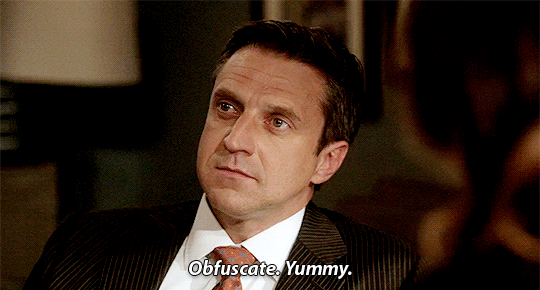
Dear Home Location, NM, and Phantom Pregnancies Anons. Thank you for actually reading-for-clarity-and-comprehension my Tale of Two Tonys posts and for sending your messages. 😃
You made some valid and interesting points.
It’s reassuring to know you recognised the four points I made, complete with dated, linked, sources:
TMc and TH are two different men.
TMc is not and never was a music producer.
TMc manages/managed The Fratellis.
TMc was visible long before TV Outlander.
I didn’t mention cash, companies, or Christmas trees, all of which are irrelevant to A Tale of Two Tonys. It seems it’s easier to criticise what I didn’t say than to acknowledge what I did say. Imagine that. 🤷🏻♂️
By the way, if I’ve told any “uniformed, endless lies,” I truly would like to know what they are. �� (And if those lies are about the only marriage, the only child, or the validity of that green paper… 😂😂😂)
Remember… it’s never not funny. — Brian-in-Finance, on repeat
#Tait rhymes with hat#Good times#Inbox#Anon#x3#Obfuscation#A Tale of Two Tonys#Received/Responded 13 October 2024
33 notes
·
View notes
Text
200+ Trojanized GitHub Repositories Found in Campaign Targeting Gamers and Developers
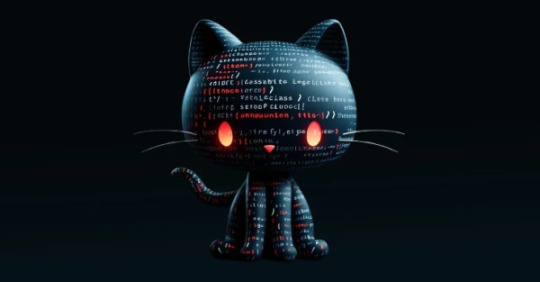
Summary: Threat actor Banana Squad has launched a new software supply chain attack by uploading 67 trojanised Python repositories to GitHub, mimicking legitimate tools and hiding malicious backdoors using obfuscation techniques such as long whitespace padding. The campaign exploits GitHub's UI quirks to conceal code, delivers payloads through encrypted stages, and represents a growing trend in stealthy, open-source repository abuse.
Source: https://thehackernews.com/2025/06/67-trojanized-github-repositories-found.html
More info: https://www.reversinglabs.com/blog/threat-actor-banana-squad-exploits-github-repos-in-new-campaign
3 notes
·
View notes
Text
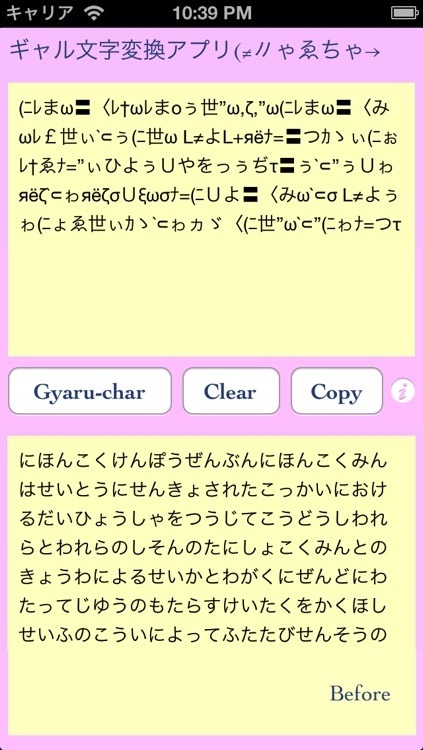
Gyaru-moji SMS language
Source
14 notes
·
View notes
Text
hungry
hungry
hungry

hungry
6 notes
·
View notes
Text

A "gotcha question" is also known as a follow-up question. Diabolical.
Particularly useful for testing someone's ability to tell the truth.
#gotcha questions#gotcha#obfuscation#equivocation#vagueness#dishonesty#inconsistency#contradiction#religion is a mental illness
8 notes
·
View notes
Text
Gardubery #21

"Never attribute to malice that which is adequately explained by stupidity."
#garfield#fan comic#comics#comic creator#flash#flash games#Odie#obfuscation#dog bones#biscuits#tasty#stomach#containment
2 notes
·
View notes
Text
We’ve already seen so many of the linguistic tricks that the mainstream media is using to obfuscate the fact that Israel is killing children. “Others Under Eighteen.” “Minors.”
FYI, here’s a picture of Hind Rajab. Shove it in the faces of anyone who needs it.

On April 30th while reporting on the Students Revolution at Columbia University, CNN anchor Kasie Hunt made reference to Hind Rajab as 'A Woman Who Was Killed in Gaza." Hind Rajab was six years old.
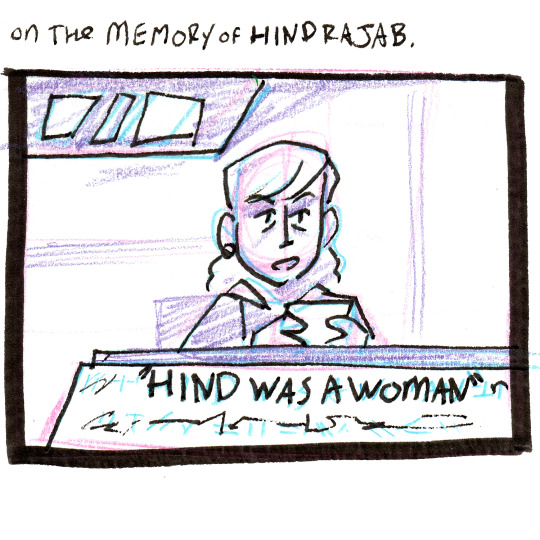

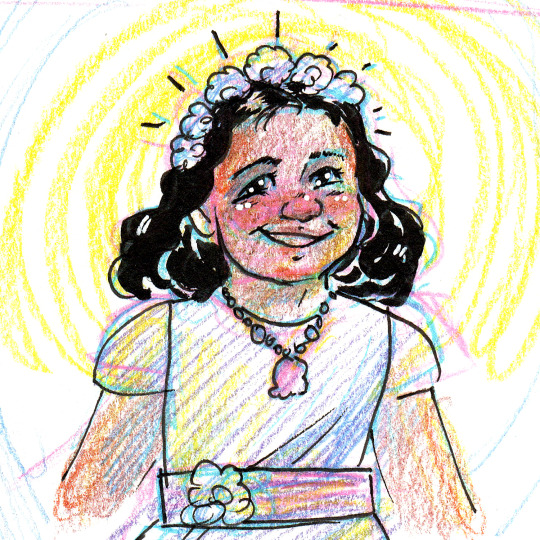
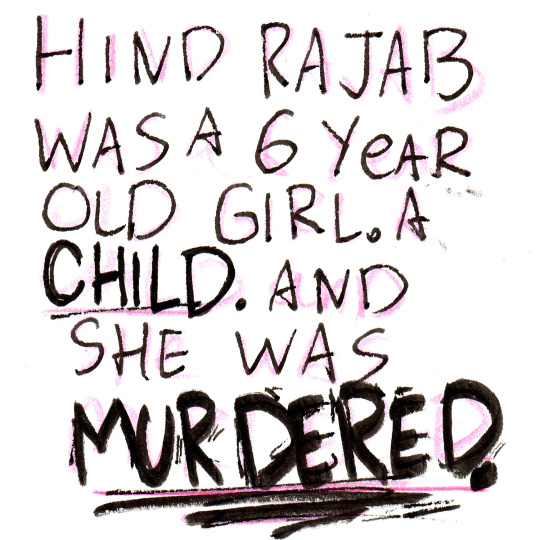
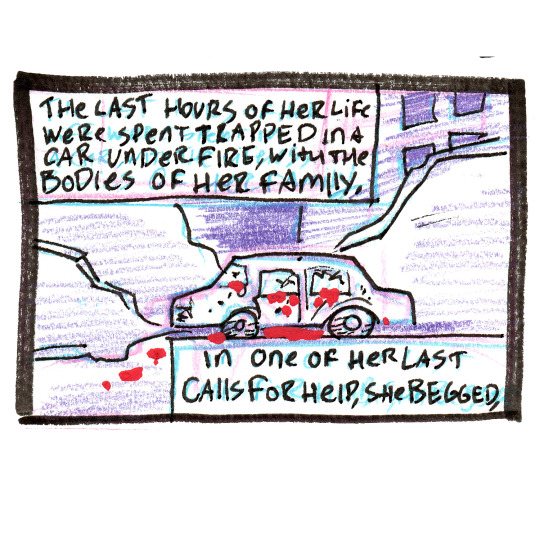
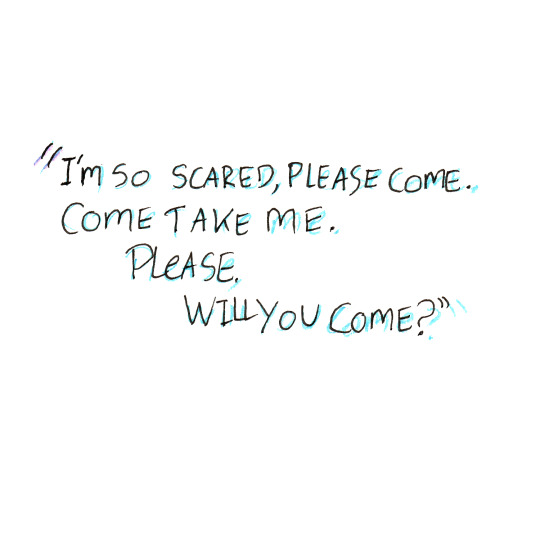
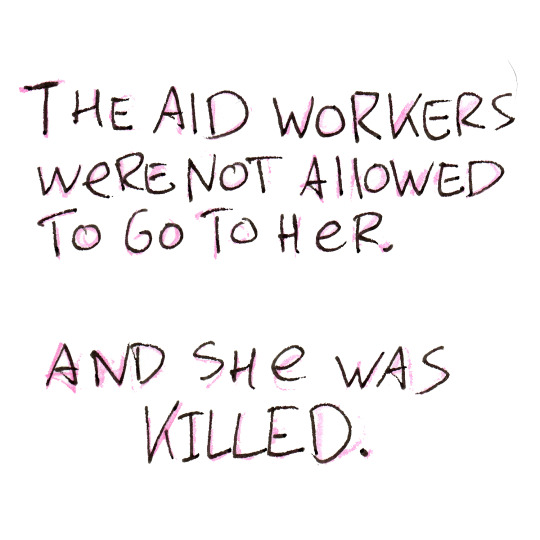

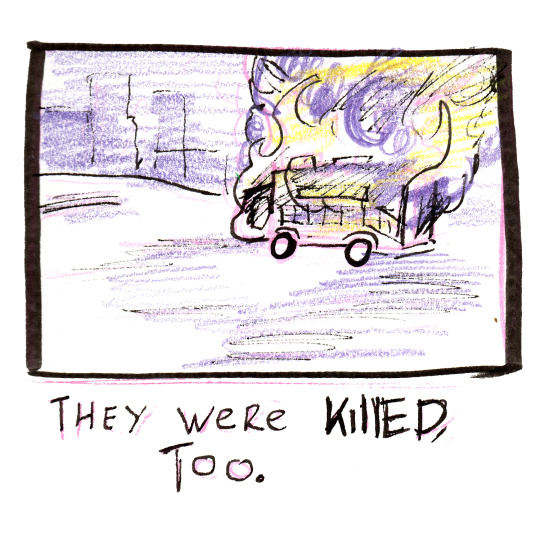
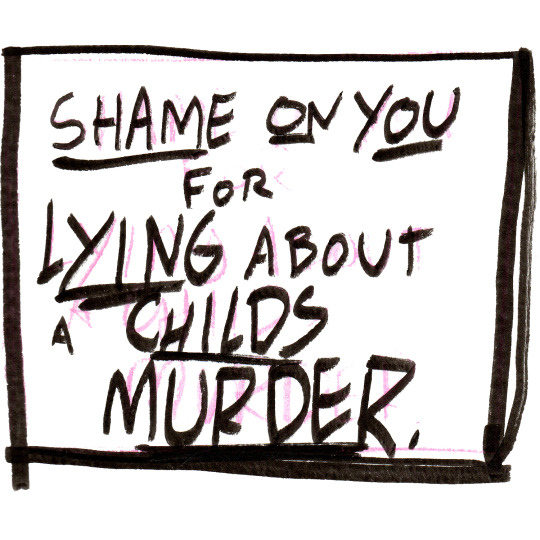
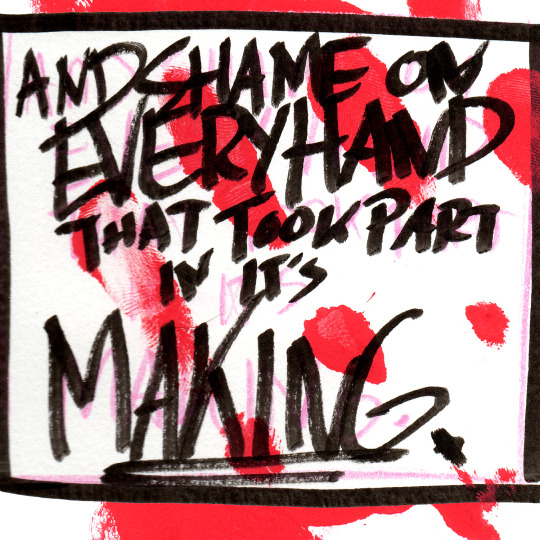
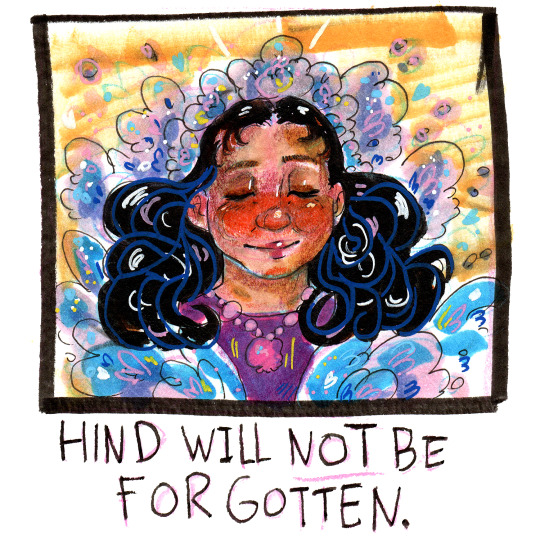
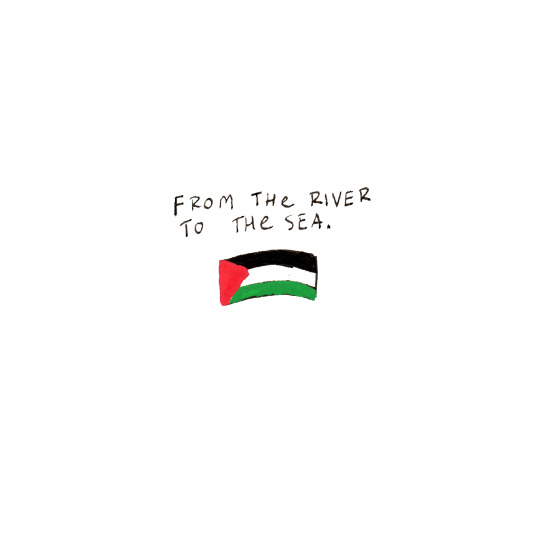
#hind rajab#free palestine#fight the powers that be#end israeli apartheid#martyr#state sanctioned murder#mainstream media bs#obfuscation#genocide#rest in power#save the children#good political cartoons
34K notes
·
View notes
Text
تکنیکهای Obfuscation (مبهمسازی)
در دنیای توسعه نرمافزار، Obfuscation در برنامهنویسی یکی از تکنیکهای حیاتی برای حفظ امنیت کد و جلوگیری از دسترسی غیرمجاز به منطق داخلی برنامه است. این روش، با پیچیده و غیرقابل فهم کردن ساختار کد، باعث جلوگیری از مهندسی معکوس شده و مانع از سوءاستفاده هکرها یا رقبا میشود. امروزه استفاده از ابزارهای مبهمسازی بهعنوان یک لایه امنیتی برای محافظت از نرمافزار در کنار دیگر اقدامات امنیتی رایج، جایگاه ویژهای پیدا کرده است.

Obfuscation چیست؟
Obfuscation یا مبهمسازی، فرآیندی است که در آن کد منبع یا باینری یک برنامه طوری تغییر میکند که عملکرد آن بدون تغییر باقی بماند، اما فهمیدن منطق آن برای انسان یا ابزارهای تحلیلگر بسیار دشوار شود. هدف اصلی این تکنیک، جلوگیری از سوءاستفاده، کپیبرداری و مهندسی معکوس است.
چرا Obfuscation مهم است؟
- محافظت از نرمافزار در برابر سرقت معنوی - افزایش امنیت در برنامههایی که اطلاعات حساسی را پردازش میکنند - جلوگیری از تزریق کدهای مخرب - محافظت از الگوریتمهای اختصاصی در پروژههای تجاری - اطمینان از اینکه حتی اگر فایلهای اجرایی لو رفتند، کسی نتواند به سادگی ساختار کد را بازسازی کند

برنامهنویسی
انواع تکنیکهای Obfuscation
- تغییر نام متغیرها و توابع نامها به رشتههای بیمعنا یا نامهای تکراری تغییر پیدا میکنند. - درهمریزی ساختار کد استفاده از دستورات بیربط، تو در تو کردن بلاکهای کد، یا ایجاد مسیرهای منطقی جعلی. - رمزگذاری رشتهها (String Encryption) رشتههای متنی رمزگذاری شده و در زمان اجرا رمزگشایی میشوند. - پنهانسازی منطق ��ا کلاسها و توابع پویا توابع یا کلاسها به صورت داینامیک ساخته میشوند تا در زمان تحلیل استاتیک قابل فهم نباشند. - Inserting Dummy Code وارد کردن کدهای بیاثر که باعث گمراهی تحلیلگر میشود.

ابزارهای مبهمسازی محبوب
- ProGuard برای Java و Android - Dotfuscator برای .NET - Obfuscator-LLVM (OLLVM) برای پروژههای C/C++ - JScrambler برای JavaScript - UglifyJS برای فشردهسازی و مبهمسازی کد JS
نقاط ضعف احتمالی
- ممکن است بر عملکرد برنامه اثر منفی بگذارد. - کدهای مبهم ممکن است در هنگام دیباگ دچار مشکل شوند. - برخی تکنیکها با قوانین GDPR و شفافیت دادهها در تضاد هستند.

کاربرد Obfuscation در صنعت هاستینگ
در سرویسهای هاست اشتراکی، سرورهای مجازی (VPS) و حتی هاست مخصوص اپلیکی��نهای موبایل، استفاده از تکنیکهای Obfuscation نقش حیاتی در محافظت از فایلهای حساس کاربران ایفا میکند. برای مثال، شرکت وان سرور با ارائه هاست لینوکس و ویندوز، بستری امن برای میزبانی پروژههایی فراهم میکند که به Obfuscation نیاز دارند. استفاده از ابزارهای مبهمسازی در کنار سرویسهای امنیتی وان سرور میتواند سطح بالاتری از امنیت نرمافزار و اطلاعات را تضمین کند.
نتیجهگیری
استفاده از Obfuscation در برنامهنویسی نهتنها باعث محافظت از نرمافزار در برابر تهدیدات میشود، بلکه روشی موثر برای جلوگیری از مهندسی معکوس و سوءاستفاده است. با بهرهگیری از ابزارهای مبهمسازی مناسب و رعایت نکات فنی، میتوان امنیت پروژههای نرمافزاری را به شکل قابل توجهی افزایش داد. اگر به دنبال ارتقاء امنیت کد خود هستید، یادگیری و پیادهسازی این تکنیکها میتواند نقطه شروع بسیار خوبی باشد. Read the full article
#Codesecurity#Dotfuscator#Obfuscation#Programming#ProGuard#Softwareprotection#امنیتکد#برنامهنویسی#تکنیکهایObfuscation#مبهمسازی#محافظتازنرمافزار#مهندسیمعکوس
0 notes
Text
QuickResponseC2 - A Command & Control Server That Leverages QR Codes To Send Commands And Receive Results From Remote Systems
QuickResponseC2 is a stealthy Command and Control (C2) framework that enables indirect and covert communication between the attacker and victim machines via an intermediate HTTP/S server. All network activity is limited to uploading and downloading images, making it an fully undetectable by IPS/IDS Systems and an ideal tool for security research and penetration testing. Capabilities: Command…
0 notes
Text
🔗 Obfuscation des liens : maîtrisez votre maillage interne et la distribution du PageRank
En SEO, l'obfuscation masque certains liens aux moteurs et reste visible pour les utilisateurs.
Elle optimise la distribution du PageRank et évite que des pages secondaires (mentions légales, CGV…) ne captent du jus SEO inutilement.
Les avantages :
➡️ Meilleure répartition du jus SEO ➡️ Optimisation du référencement ➡️ Expérience utilisateur préservée
Découvrez comment l’appliquer efficacement : 👉 https://www.anthedesign.fr/referencement/obfuscation/
#seo#web#optimisation#site#référencement#anthedesign#obfuscation#pagerank#webmaster#search engine optimization#strategy seo#digital
1 note
·
View note
Text

Nonfiction editing is presenting reality in a just-so way. There's always been a bit of magic to it or, to put it another way, there's always a bit of outright lying to it.
Outright lying but acceptible outright lying, like...
Someone arrives at the bottom of a long and steep climb of stairs at the bottom of a cliff. We see them begin to mount the stairs. After a few steps of that, cut to the top of the stairs where, after a couple seconds they appear and finish the climb.
Lie.
A more typical one is crafting a single soundbite from multiple sections of interview using b-roll or morph dissolves to hide the edits.
Lie.
Or even just presenting a version of a person that's better than that person is in real life.
Lie.
Lie.
Lie.
But acceptable ones. We know why we edit the way we do. We know the purpose we serve. We pace and arrange Reality to collapse Time and, in so doing, tell the story we're telling in the most effective way possible.
The most effective.
Way possible.
We're showing you a one minute sampler, a fifteen minute, a half hour.
An hour.
All of which represents a subset of Reality. All of which shows you our just-so narrative to make some point or engage your emotions.
We do it for purpose.
We do it as part of our craft.
Amen.
All that reasoning breaks down, unfortunately, when we use AI to conjure what isn't there, create what doesn't exist, . What doesn't exist. Instinctively we know there's a problem. But the language we use to describe the problem quickly runs afoul of the language we use to justify how we've been shaping Time and Reality since the dawn of our careers.
Oof.
🤨
#editing#editor#storytelling#nonfiction#reality#truth#integrity#craft#profession#career#purpose#effective storytelling#writer#producer#lie#obfuscation
0 notes
Text

Gyaru-moji SMS language
Source
10 notes
·
View notes
Text

Kevin Malone
0 notes
Text
By: Peter Boghossian
Published: Mar 3, 2016
“If it’s not worth doing, it’s not worth doing well.” — Daniel Dennett
The most interesting thing about philosophy today is how uninteresting and largely irrelevant it has become. The overwhelming majority of professional philosophers deal with issues no one outside of their sub-disciplines care about, and use language few outside of their specialties understand. Contemporary philosophy is whittling away at what Daniel Dennett calls “issues of no abiding significance”. The discipline of philosophy has, in short, become esoteric and obscure – and largely irrelevant.
This is a heartbreaking turn for a discipline of study that engages life’s most fundamental questions: What is the best type of life to lead? How do we come to knowledge? What is justice? These questions and our responses should be informing our discourse about topics such as global climate change, terrorism, and the current immigration crisis. They’re not. Instead, we relentlessly pursue topics about which almost nobody cares, and professionally reward obfuscation and insularity.
In both philosophy journals and at philosophy conferences one can clearly see the celebration of obscurity and even irrelevance. Obfuscation through “grad speak”, niche topics of no significance to those not immersed in one’s sub-specialty (the overwhelming majority of philosophy papers are never cited outside their sub-discipline), a focus on speculative esoterica untethered to the real world (e.g., speculations about God’s attributes), un-evidenced arguments about the nature of reality (e.g., cosmological metaphysics), and, in a mix of irony and tragedy, the perception of these byzantine pursuits as intellectual virtues. The majority of philosophers with whom I’ve interacted view pedantry not as problem to be overcome, but as a virtue to which less seasoned philosophers should aspire.
But philosophy still matters. Philosophy affords us an opportunity to think clearly and critically. It helps us to think through problems, lead better lives, and make better communities. It does so by teaching us how to use reason to ask the right questions, and how to make better, more discerning judgements about our conclusions. The practice of philosophy can teach us what we can and cannot know. It can teach us how to be epistemically humble, and how to be honest with ourselves.
We need to spotlight and build upon the efforts of philosophers who are doing work that matters, and bring our moral and epistemological analyses to bear on substantive contemporary issues. Some philosophers have modelled this behaviour for us. For instance, in the 1970s John Rawls and Robert Nozick’s work paved the way for us to rethink the role our institutions play in dispensing social and economic justice. In the 1980s Peter Singer caused us to re-evaluate how we treat animals and Susan Haack emboldened us with reasons to defend science, rationality, and scepticism. Ten years later, Tim van Gelder’s work on applied reasoning and argument mapping made critical thinking practical, clear, relevant, and accessible. Most recently, Sam Harris has argued that moral questions have objectively right or wrong answers and that we can determine human values scientifically, and, Ricardo Rozzi’s work in applied environmental philosophy has helped us understand the importance of biodiversity and ecological conservation. These philosophers are at the vanguard of publicly engaging issues that matter.
For philosophy to exert influence and recapture relevance, we must focus philosophy on questions of abiding significance and public relevance. Philosophy matters. But philosophy only matters if we stop mistaking the obscure for the profound. We need to start asking the right questions and upholding the right intellectual values (free expression, reason, rationality, honesty), and do so in a way that places clarity front and centre. Philosophy, perhaps uniquely among the disciplines, offers us hope – the opportunity to use reason so that we may flourish.
Peter Boghossian is an assistant professor of philosophy at Portland State University. He was thrown out of a philosophy PhD program at the University of New Mexico. His book, A Manual for Creating Atheists, is available from Amazon.
#Peter Boghossian#philosophy#obscurantism#profound#obfuscation#academese#academic jargon#religion is a mental illness
1 note
·
View note
Text
...quick answer: word salad & obfuscation
0 notes